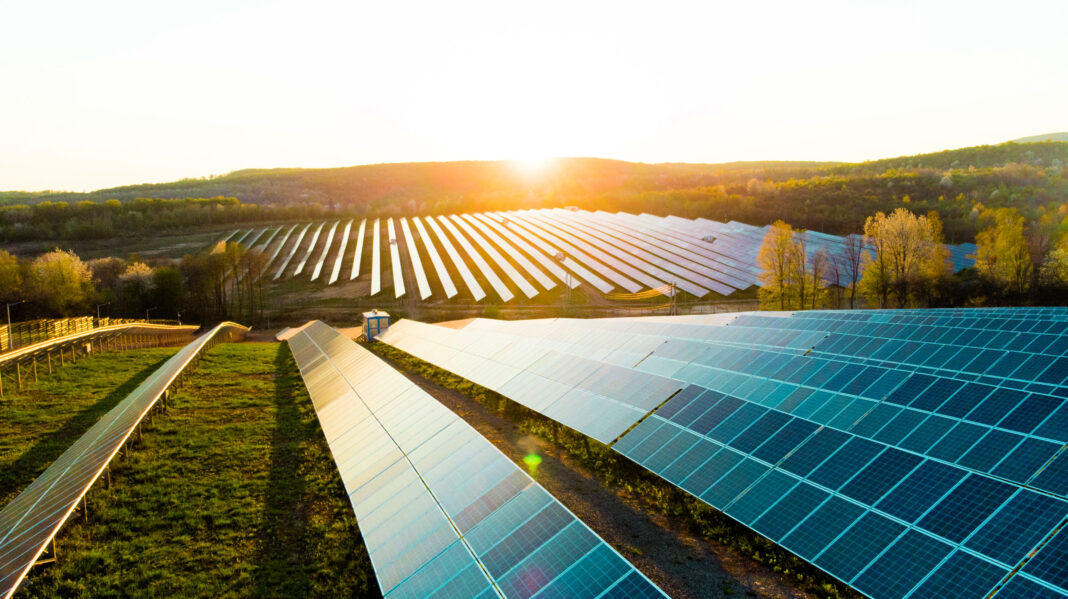The Promise and Challenges of Renewable Energy
Green power has already begun revolutionizing the worldwide energy picture as a feasible and sustainable alternative to fossil fuels. The four primary renewable sources, wind, solar, hydroelectricity, and geothermal, are becoming more viable options and cost-efficient. These promise to cut down on greenhouse gas emissions, which are fueling climate change, plus promote energy self-sufficiency.
With efforts toward these technologies escalating, the triumvirate of government, private sector, and individuals is increasingly investing in renewables, paving the way for a cleaner and greener future.
The Challenges
The shift to alternative energy is not easy, but has its own challenges, mainly within the field of law and regulation. The legal terrain associated with renewable energy is a complicated system that takes on a life of its own, continually metamorphosing into what could be described as a dual-edged sword for those involved.
To traverse these legal labyrinths calls for an intimate acquaintance with sundry laws and regulations, a scenario where generic legal knowledge does not cut it but only the specialized legal acumen suffices. In such cases, firms such as York Law will come to your aid. If you have to deal with the law when something happens to you, it is best to contact the professionals who will do this job in the best way for you.
One of the major obstacles within the world of legalities for the renewable energy sector would be the permitting process. The development of renewable energy projects involves many different permits from many different government agencies, each having their own set of rules and timelines. The process is long and can cost a lot which in turn could delay the implementation of the project.
Another important area is the grid integration of renewable energy sources. Some renewable energy sources are not continuously available. For example, wind and solar energy pose challenges for grid stability and reliability due to their intermittent nature. Legal frameworks should take into account these issues and promote a policy that would create the development of storage systems’ addressing energy issues as well as smart grid technologies.
Also, the legal aspect of project financing is not less complicated in the sphere of renewable energy projects. Financial laws that are strict and unforgiving developers and investors have a duty to untangle all these complex ropes.
Policies to be Followed
Development of renewable energy is brought about to the next level by public policy. Governments, whether at local or national levels, and even those at international levels, should develop policies that promote the growth and usage of renewable energy. This involves creating a favorable environment for the developers and investors through incentives like tax credits and subsidies which would lead to financial burden reduction on these parties.
Moreover, the establishment of regulations favoring renewable energy infrastructures, as well as setting high targets in a simplified permitting process, can bring significant milestones. Collaboration among policymakers, industry stakeholders, and legal experts is essential to crafting effective policies that balance economic growth with environmental sustainability.
